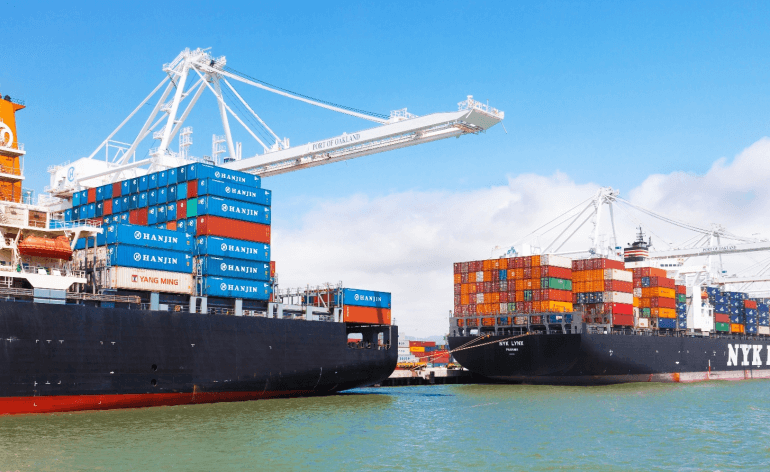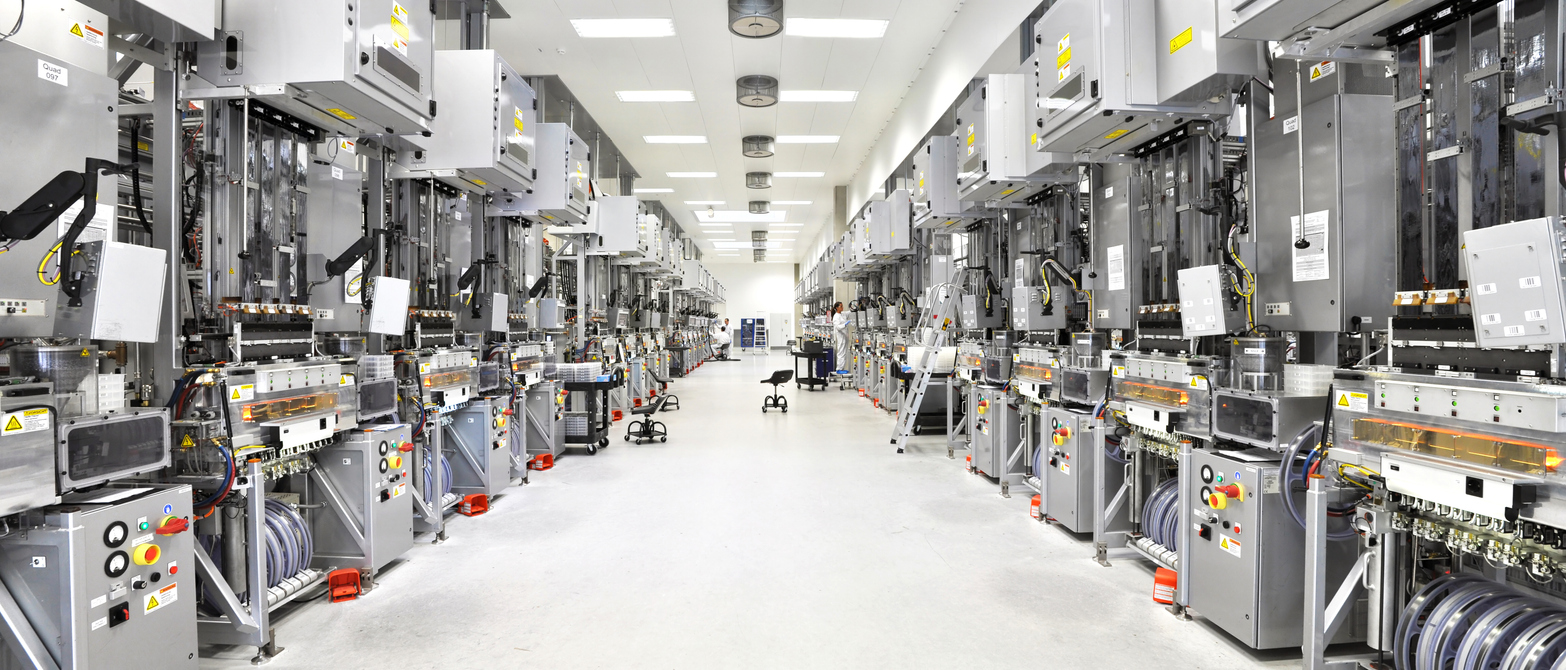National Maritime Infrastructure in Nigeria – Foundations for Trade, Security, and Growth
As Africa’s most populous country and one of its largest economies, Nigeria depends heavily on maritime trade for economic development and national security. With over 850 km of coastline and numerous inland waterways, the country’s maritime sector holds enormous potential. However, realizing this potential requires significant investment in national maritime infrastructure in Nigeria—from ports and shipyards to coastal surveillance and inland waterway networks.
This article explores the key components of Nigeria’s maritime infrastructure, current challenges, and how Wigmore Trading supports infrastructure development through strategic supply, logistics, and technology integration.
What Is National Maritime Infrastructure?
National maritime infrastructure refers to the physical and technological assets that support a country’s marine transport, trade, and defense capabilities. These include:
-
Seaports and terminals
-
Inland waterway transport systems
-
Shipbuilding and repair yards (dry docks, floating docks)
-
Navigation and communication systems (AIS, radar, VTS)
-
Maritime security and surveillance infrastructure
-
Fueling stations and bunkering depots
-
Lighthouse and buoy networks
-
Customs, logistics, and administrative facilities
Together, these systems form the backbone of a country’s maritime economy and sovereign maritime presence.
Key Elements of Maritime Infrastructure in Nigeria
1. Ports and Terminals
Nigeria’s major ports—Apapa, Tin Can Island, Onne, Warri, and Calabar—handle over 70% of the country’s imports and exports. Modernization projects have improved container handling, but many facilities still require:
-
Expanded berths and quay walls
-
Dredging and port access channel upgrades
-
Modern cranes, RTGs, and container management systems
-
Port automation and electronic customs clearance
2. Inland Waterway Systems
NIWA oversees about 10,000 km of navigable inland waterways, including the Niger and Benue rivers. Infrastructure needs include:
-
Jetty construction and rehabilitation
-
River dredging and channel marking
-
Ferry terminals and barge landing sites
-
Navigation aids and river patrol infrastructure
3. Shipbuilding and Marine Services
Nigeria has limited local capacity for vessel construction and repair, leading to reliance on foreign yards. Key needs:
-
Development of dry dock and floating dock facilities
-
Investment in welding, hull fabrication, and marine engineering skills
-
Naval base maintenance yards and naval fleet infrastructure
4. Security and Surveillance Systems
To combat piracy and protect assets, Nigeria must expand:
-
Coastal surveillance radar systems and drone monitoring
-
Vessel Traffic Services (VTS) and Automatic Identification Systems (AIS)
-
Integrated command and control centers
-
Port fencing, access control, and scanning systems
5. Marine Energy and Logistics Infrastructure
Support for fuel and energy logistics includes:
-
Bunkering depots and marine fueling stations
-
LNG bunkering and clean energy infrastructure for green ports
-
Secure waste reception and ship-generated waste management systems
Challenges Facing Nigeria’s Maritime Infrastructure
-
Funding and Public-Private Partnerships (PPPs): Infrastructure upgrades require large capital investments often beyond government budgets.
-
Regulatory bottlenecks: Overlapping mandates between NPA, NIMASA, NIWA, and Customs can slow down development.
-
Aging infrastructure: Many jetties, shipyards, and navigation aids are outdated or in disrepair.
-
Security threats: Piracy, theft, and sabotage increase risk and drive up insurance and shipping costs.
-
Environmental compliance: Ports must align with MARPOL and IMO regulations for emissions and waste management.
How Wigmore Trading Supports Maritime Infrastructure Development
Wigmore Trading provides strategic procurement and logistics services for public sector and private maritime projects across Nigeria. We help bring in the critical assets, technology, and supplies needed to build and maintain modern maritime systems.
1. Sourcing of Infrastructure Components
We supply:
-
Floating and dry docks
-
Barge platforms, pontoons, and workboats
-
Cranes, forklifts, and port handling equipment
-
Navigation aids: buoys, radar, AIS transponders
2. Support for Government Projects
We assist with:
-
Public infrastructure procurement under PPP models
-
Vendor registration and BOQ responses for marine tenders
-
Liaison with NPA, NIMASA, NIWA, and the Navy for compliance
3. Security and Surveillance Integration
Through our partners, we support:
-
Port security systems (CCTV, drones, fencing)
-
Coastal surveillance (radar, command centers, sensors)
-
AIS and VTS systems for vessel tracking
4. Green Port and Environmental Solutions
We provide:
-
Oil spill kits and marine pollution control systems
-
Waste reception units and ballast water treatment systems
-
LNG bunkering infrastructure and clean energy technology
Wigmore Trading can help you build a secure, efficient, and future-ready maritime infrastructure system—backed by global sourcing and local delivery expertise.
Conclusion
A strong maritime infrastructure system is critical for Nigeria’s economic growth, security, and global competitiveness. Whether it’s ports, shipyards, inland waterways, or surveillance networks, every component must work in harmony to unlock the full potential of Nigeria’s blue economy.
Wigmore Trading plays a vital role in this transformation—sourcing the tools, systems, and support needed to modernize Nigeria’s maritime landscape.








Comments are closed.